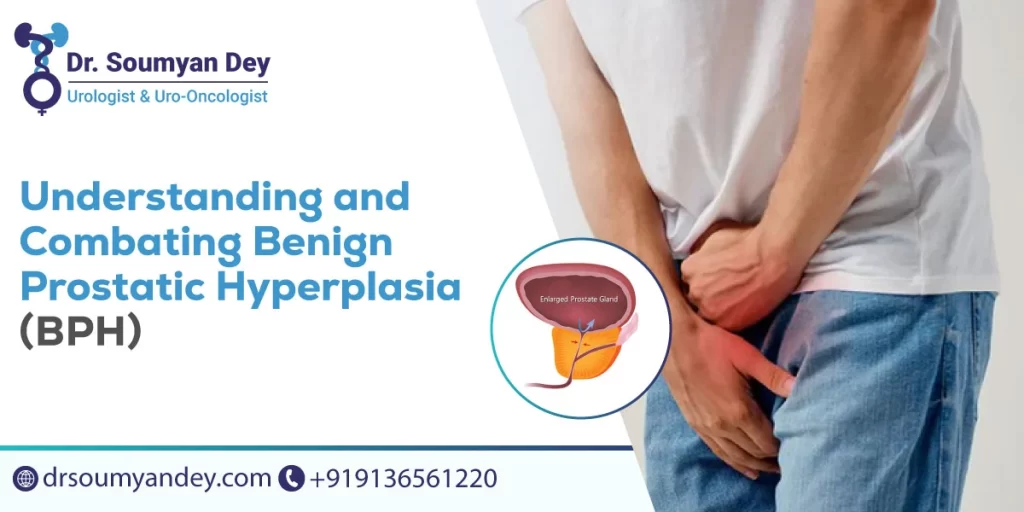

Benign Prostatic Hyperplasia is a medical condition in males where their prostate gets unusually enlarged as they age. The enlarged prostate can cause difficulty urinating or the frequent urge to urinate. It can also cause urinary and bladder problems in men.
Fortunately, the BPH specialist in Navi Mumbai can help figure out the most suitable treatment for you. This may include medication, surgery, and a combination of both, depending on your age, prostate size, and other factors.
What is Benign Prostatic Hyperplasia?
The prostate sits right below your bladder and is responsible for producing semen. It’s a walnut size. However, if that grows, it might cause blockage around your urethra, making it harder to pass urine. Benign Prostatic Hyperplasia is not cancerous. However, it is associated with an increased risk of bladder and prostate cancer. Sometimes, patients might confuse the symptoms of prostate cancer with BPH.
Causes of BPH
One study shows that as men get older, the amount of testosterone their body produces declines significantly while the estrogen level remains unchanged. This hormonal change in your body can result in the prostate cells growing in size. However, that’s just one theory. The exact cause of BPH is not known.
Symptoms of BPH
Since the prostate is located beneath the bladder, it’s natural to have problems when urinating or passing ejaculation if you are diagnosed with BPH. Here are some common symptoms of BPH.
- Difficulty peeing
- Frequent urge to urinate at night
- Inability to empty your bladder
- Pain or burning sensation when peeing
- Leakage
Some uncommon symptoms of BPH include blood in urine and UTI.
Also Read: A Comprehensive Guide to HoLEP Surgery
Diagnosis of BPH
Your urologist will ask about your medical history, the symptoms, and assess your risk factor. They will conduct a rectal examination to confirm the diagnosis. The doctor will carefully insert fingers into your rectum to feel the size, dimensions, and overall health of your prostate.
They might also check for any hard growth, which could indicate cancer. If necessary, they might order a pee flow test to determine the pee stream, a test to know how much pee is left in the bladder after you are done urinating, and a cystoscopy.
Treatment of BPH
BPH treatment in Navi Mumbai includes medications for relaxing your prostate and alleviating your symptoms of urinary problems. Your healthcare provider might recommend medications to reduce the DHT production in your body, which stops prostate enlargement. It may take a month or two for your symptoms to improve after you have started medication.
Surgical procedures, like widening your urethra to ensure proper urine flow or removing the prostate tissue manually, might be required to ease your symptoms. These are necessary if your enlarged prostate has blocked urine. TURP (Transurethral Resection of the Prostate) is the most common treatment for an enlarged prostate, but it might not be a good fit for older people (above 65 years).
Prevention from BPH
General lifestyle changes, like a healthy and balanced diet, regular exercising, and keeping your blood glucose and blood pressure in check, can help reduce the risk of an enlarged prostate. You can also take supplements but do not start them without your doctor’s prescription.
Conclusion
In conclusion, Benign Prostatic Hyperplasia (BPH) is a non-cancerous condition characterized by an enlarged prostate, primarily affecting aging males. While it can lead to urinary difficulties and discomfort, timely consultation with a BPH specialist in Navi Mumbai can provide effective treatment options, ranging from medications to surgical procedures. Understanding the symptoms, seeking a proper diagnosis, and adopting a healthy lifestyle can significantly contribute to managing and preventing the progression of this condition. Remember, it\’s crucial to consult with a urologist before making any significant changes to your treatment plan.


